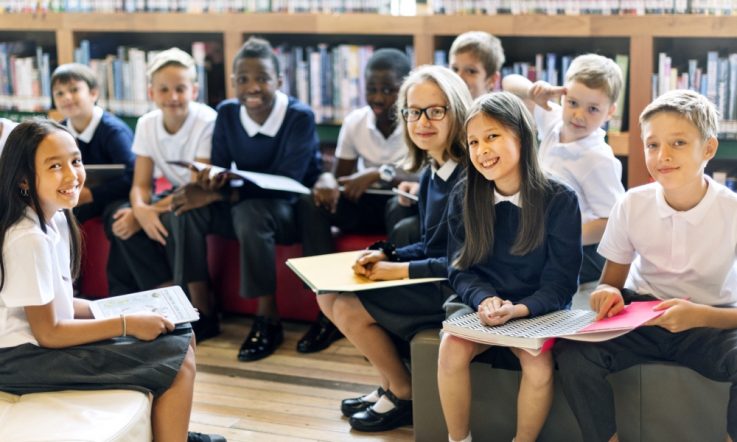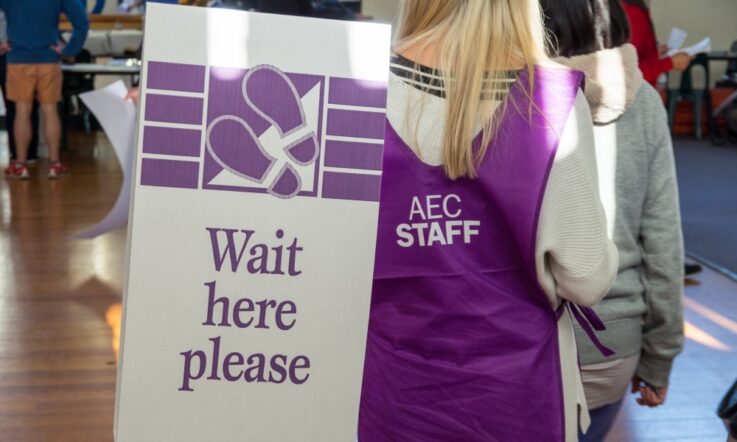New study results show female students are consistently outperforming males in the area of civic knowledge, yet they have lower political ambition, Australian Council for Educational Research (ACER) Senior Research Fellow Rachel Parker reports.
Writing in ACER’s Discover, Parker explores the results from the latest International Civic and Citizenship Education Study (ICCS) recently released by the International Association for the Evaluation of Educational Achievement.
In the article, Parker explains the latest 2022 test cycle included a student assessment and surveys of teachers, students and school and system leaders. Data were collected and analysed from 82,000 eighth-grade students, 40,000 teachers and 3,400 school principals from 22 countries.
Girls outperforming boys on civic knowledge
Students were assessed on 4 key areas of civic knowledge and understanding in ICCS 2022:
- Institutions and systems
- Principles
- Participation and roles
- Identities
‘Girls outperformed boys on civic knowledge and this trend has been consistent since 2009,’ Parker writes, ‘with the difference statistically significant in 18 of the 22 participating countries.’
Gender differences in self-efficacy
The results also show girls’ citizenship self-efficacy was equal to that of boys, and Parker says this suggests that female participants in ICCS 2022 likely have no impediment to their civic participation, based on perceptions of their ability.
‘The study also showed girls were more willing than boys to participate in school-based civic activities, such as voting for class representatives, but do not plan to be politically active.
‘When comparing responses for expected active political participation by gender, scores were significantly higher for male students than female students in 12 countries. Girls were less likely to report expecting to join a political party or a trade union, stand as a candidate in an election, or join an organisation for a political or social cause.’
Student views on equal rights
Another noteworthy finding from ICCS 2022 is that girls are significantly more supportive of equal rights than boys in almost every participating country, Parker notes.
‘Girls were more likely than boys to endorse men and women’s equal opportunity to take part in government, politics and the workforce, and to perceive men and women to have equal ability,’ she says. ‘They were more likely than boys to endorse equal rights for immigrants … [and] were more likely than boys to endorse the rights of all ethnic groups.’
To read about the findings of ICCS 2022 in more detail, read the full article, Are we preparing girls for a world they cannot change?, published in ACER’s Discover.
The ICCS 2022 study showed girls were more willing than boys to participate in school-based civic activities, but do not plan to be politically active. As a teacher, reflect on how this finding could be relevant to your school context. Are female students supported and encouraged to explore all career options?



